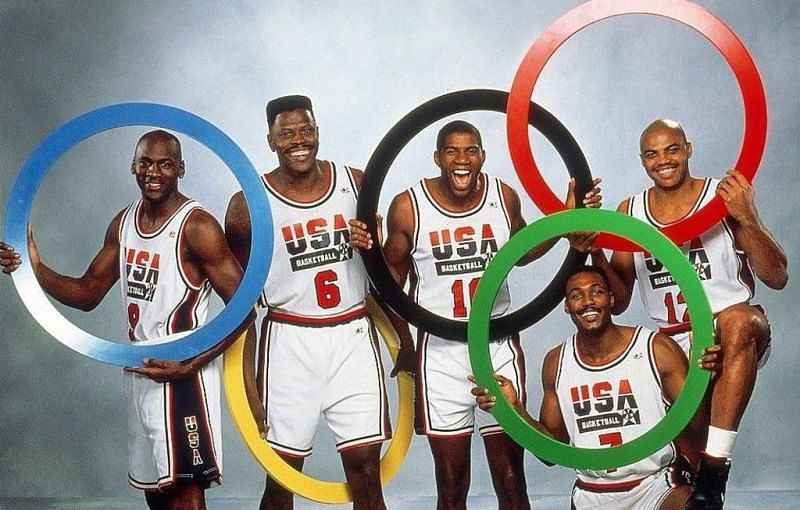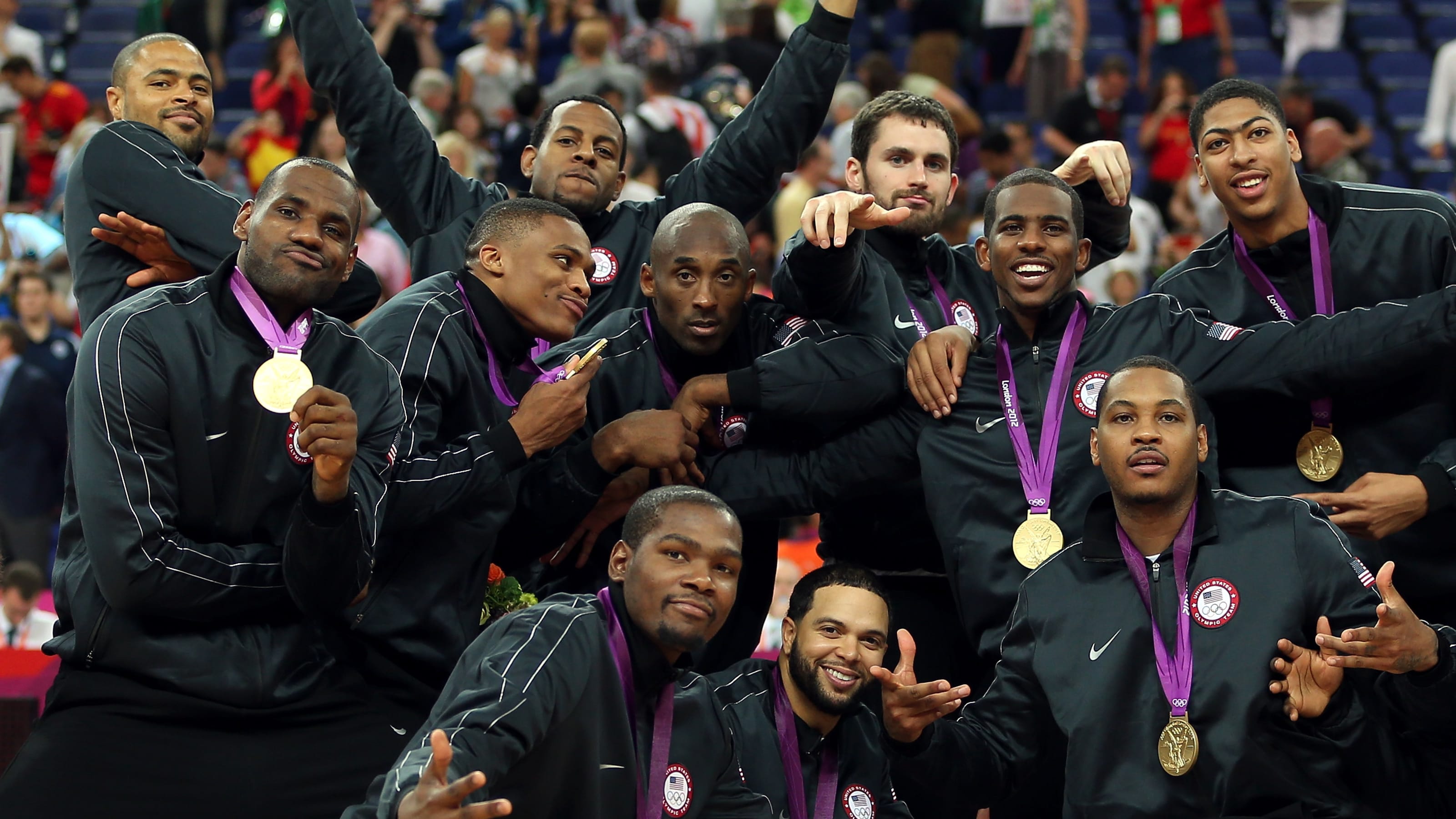History of Basketball in the Olympics
The journey of basketball in the Olympics is a captivating story of growth, evolution, and global recognition. From its humble beginnings as a demonstration sport to its status as a cornerstone of the Summer Games, basketball’s Olympic history is marked by significant milestones and transformative events.
Basketball’s First Appearance at the Olympics
The first appearance of basketball at the Olympics was in 1904 at the Summer Olympics in St. Louis, Missouri. However, it was not yet an official Olympic sport. Instead, it was featured as a demonstration sport, a category for sports that were not yet recognized for medal competition. This inaugural appearance, though not a medal-winning event, marked the beginning of basketball’s journey towards becoming a central part of the Olympic Games.
The Significance of the 1936 Berlin Olympics
The 1936 Berlin Olympics played a pivotal role in solidifying basketball’s presence on the global stage. Despite being a demonstration sport again, basketball’s inclusion in these Games, which were held amidst a turbulent political climate, showcased the sport’s growing popularity and international appeal. The 1936 Games served as a catalyst for basketball’s further development and eventual inclusion as an official Olympic sport.
Early Rules and Regulations in Olympic Basketball
The early rules and regulations of Olympic basketball differed significantly from modern-day variations. Notably, the game was played with six players per team instead of the current five. The court dimensions were also different, and the three-point line, a staple of modern basketball, did not exist. The focus in those early years was on team play, emphasizing fundamentals like passing, dribbling, and shooting.
Key Milestones Towards Basketball’s Official Status
The journey to basketball becoming an official Olympic sport was a gradual process marked by several key milestones.
- 1948 London Olympics: Basketball was included as a demonstration sport for the second time. This further solidified its presence on the Olympic stage and demonstrated its growing popularity.
- 1972 Munich Olympics: The women’s basketball tournament was added to the Olympics as a demonstration sport. This marked a significant step towards gender equality in the sport and highlighted the growing global interest in women’s basketball.
- 1976 Montreal Olympics: Basketball was included as an official Olympic sport for the first time. This was a watershed moment, signifying the sport’s global recognition and its place among the elite sports in the world.
- 1992 Barcelona Olympics: The inclusion of professional players in the Olympic basketball tournament brought a new dimension to the Games. This event saw the participation of NBA superstars, leading to a significant increase in the popularity and intensity of the competition.
Notable Olympic Basketball Teams and Players: Basketball Olympics

The Olympic basketball tournament has witnessed the rise of legendary teams and players who have left an indelible mark on the sport. From the dominance of the United States to the emergence of international powerhouses, the Olympics have served as a platform for showcasing the best basketball talent in the world.
Dominant Olympic Basketball Teams, Basketball olympics
The Olympic basketball tournament has been dominated by a few select nations, each with their own unique style of play and contributions to the sport.
- United States: The United States has been the most successful nation in Olympic basketball history, winning 16 gold medals out of 19 tournaments. The “Dream Team” of 1992, featuring NBA superstars like Michael Jordan, Magic Johnson, and Larry Bird, revolutionized the sport and introduced the world to the unparalleled talent of American basketball. The U.S. has continued its dominance in recent years, with teams featuring NBA stars like LeBron James, Kevin Durant, and Stephen Curry.
- Soviet Union: The Soviet Union was a formidable force in Olympic basketball during the Cold War era, winning three gold medals and two silver medals. The Soviets were known for their disciplined, team-oriented style of play, which often frustrated their opponents. Their 1972 Olympic victory over the United States, in which the Americans lost a controversial game, remains one of the most memorable moments in Olympic basketball history.
- Yugoslavia/Serbia: Yugoslavia, and later Serbia, has consistently been a top contender in Olympic basketball. The team won two gold medals in 1980 and 1988, and three silver medals, showcasing a unique blend of skill, athleticism, and strategic play. Notable players from Yugoslavia/Serbia include Drazen Petrovic, Vlade Divac, and Nikola Jokic.
Legendary Olympic Basketball Players
The Olympic basketball tournament has been graced by some of the greatest players in the history of the sport. These legendary athletes have left an unforgettable legacy, inspiring generations of basketball players worldwide.
- Michael Jordan: Widely considered the greatest basketball player of all time, Michael Jordan led the “Dream Team” to gold in 1992, solidifying his status as a global icon. His athleticism, scoring prowess, and competitive spirit were unmatched, leaving an enduring impact on the game.
- LeBron James: A four-time NBA champion and widely regarded as one of the greatest players of all time, LeBron James has also been a dominant force in the Olympic basketball tournament. He led the United States to gold medals in 2008, 2012, and 2016, demonstrating his exceptional versatility and leadership.
- Oscar Schmidt: Known as “The Big O,” Oscar Schmidt is the all-time leading scorer in Olympic basketball history. He represented Brazil in six Olympic tournaments, showcasing his exceptional shooting skills and athleticism. Schmidt’s contributions to the sport, particularly in South America, have been instrumental in promoting basketball in the region.
Playing Styles and Strategies
Olympic basketball teams have employed various playing styles and strategies throughout history, adapting to the changing landscape of the sport.
- Team-Oriented vs. Individualistic: Early Olympic basketball teams often emphasized team-oriented play, focusing on ball movement, passing, and collective defense. The Soviet Union, for example, was known for its disciplined and structured offense, which relied on precise passing and teamwork. In contrast, the United States has often relied on individual brilliance, with star players like Michael Jordan and LeBron James dominating games with their scoring and athleticism.
- Fast-Paced vs. Slow-Down: The pace of the game has also evolved significantly over the years. In the early days of Olympic basketball, teams often played a slower, more methodical game, emphasizing defense and controlled offense. However, as the game became more athletic and fast-paced, teams began to prioritize running and scoring in transition. The United States, with its emphasis on athleticism and scoring, has often played a fast-paced style of basketball, while teams like the Soviet Union and Spain have adopted more deliberate approaches.
- Zone vs. Man-to-Man Defense: The choice of defensive strategy has also varied greatly over the years. Zone defenses, which involve players guarding specific areas of the court rather than individual opponents, have become more prevalent in recent years, particularly at the international level. This strategy can be effective in limiting opponents’ scoring opportunities and forcing them to take difficult shots. Man-to-man defense, where each player is assigned to guard a specific opponent, remains a popular choice, particularly in the United States.
Olympic Basketball Medal Winners
| Year | Gold | Silver | Bronze |
|---|---|---|---|
| 1936 | United States | Canada | Mexico |
| 1948 | United States | France | Brazil |
| 1952 | United States | Soviet Union | Uruguay |
| 1956 | United States | Soviet Union | Australia |
| 1960 | United States | Soviet Union | Brazil |
| 1964 | United States | Soviet Union | Brazil |
| 1968 | United States | Yugoslavia | Soviet Union |
| 1972 | Soviet Union | United States | Cuba |
| 1976 | United States | Yugoslavia | Soviet Union |
| 1980 | Yugoslavia | Italy | Soviet Union |
| 1984 | United States | Spain | Canada |
| 1988 | Soviet Union | Yugoslavia | Australia |
| 1992 | United States | Croatia | Lithuania |
| 1996 | United States | Yugoslavia | Lithuania |
| 2000 | United States | France | Lithuania |
| 2004 | Argentina | Italy | United States |
| 2008 | United States | Spain | Argentina |
| 2012 | United States | Spain | Russia |
| 2016 | United States | Serbia | Australia |
| 2020 | United States | France | Australia |
The Basketball Olympics is a spectacle of athleticism and teamwork, with fans cheering on their favorite players from around the world. After a long day of watching the games, you can relax in style with a loveseat and accent chair set , perfect for enjoying the post-game analysis or simply catching up with friends.
The Olympics is more than just a competition; it’s a celebration of sportsmanship and global unity.
The basketball Olympics are a thrilling spectacle, showcasing the world’s best players competing for gold. Whether you’re cheering from the stands or watching from home, you’ll want to be comfortable. Consider the brylanehome camp chair with canopy for a relaxing viewing experience, offering shade and support for those long days of watching basketball’s finest battle it out.

